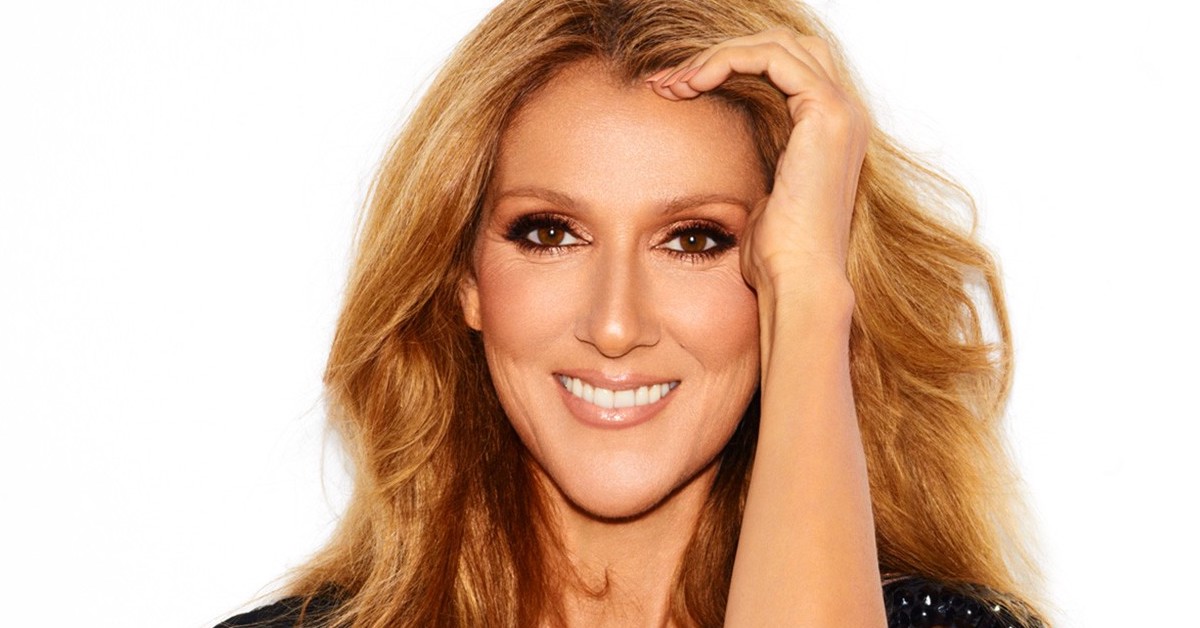Vocal Range: B2 – C6 – D6 (E6)[1]https://therangeplanet.proboards.com/thread/1111/celine-dion
Vocal Fach: Full Lyric Soprano (3 octaves and a minor third)
Vocal Rating: Virtuoso
Analysis: One of the defining vocalists of the 90s, Celine Dion is one of the most well-known and respected pop vocalists of the modern era. Having begun her career at the age of 12 and headline touring by 17, Dion took voice lessons early on, helping to capture the potential of her natural, athletic talent. A member of the “vocal trinity” alongside her contemporaries Whitney Houston and Mariah Carey, Dion is known for her powerful, impassioned vocal performances, nasal placement, idiosyncratic performance style, and impressive breath support.
Dion’s voice is instantly recognizable thanks to her distinctive tone: nasal, clear, and piercing. The nasally quality to Celine’s voice is an acquired taste for many and isn’t one that Dion herself isn’t particularly fond of.[2]Céline: The Authorized Biography: “She didn’t like her nasal tone and she’d tried to correct it” (p. 103), and “Her voice had never been better although it still … Continue reading Nevertheless, it is distinctive and has little bearing on the health of her voice.
Although she once identified herself as a mezzo-soprano, Dion is certainly a lyric soprano, with the weight, range, and power to justify a full-lyric classification.[3]Celine Dion sings opera for Kent Nagano. In auditioning for an operatic role, she identified as a mezzo-soprano, with the proctor replying that she had just sung like a soprano. Her voice, especially in the middle and upper registers, carries more weight with more ease than other pop lyric sopranos, but also without significant vocal deterioration. While not quite a coloratura, Dion also demonstrates considerable agility throughout her voice, adding short flourishes to phrases and longer lyrical lines with ease and accuracy, with impressive interval jumps throughout.
Her lower register is well supported down to E3, while she maintains control into the second octave despite becoming breathy. The mid-range sometimes carries a rasp with it, but it is soft and adds character to her voice. The mid-range transitions into the belting register with ease, demonstrating control of her first passagio. The head voice carries an operatic ring to it up to A5 and is clear to the very top of the register. That being said, her intonation and head/chest register transitions are inconsistent.
The highlight of Dion’s voice is her belting range; powerful and extensive in almost every instance. Her tone here is sharp and clear with a slight bite to the sound indicating forward placement, allowing her voice to cut through heavy instrumentation. Not only can Dion hold notes in this part of her range for extended periods of time, but she can do it without the slightest wavering in pitch. This is the product of incredible breath support – notes here sound effortless and full all the way to F5. Although Dion manages a neutral larynx in the lower part of her range, belts around Eb5 and higher are hit with a raised larynx. This gives the notes a throaty and coarse quality, but her breath support and great tongue placement – consistently flat and pressed against her molars – are strong enough to keep the notes from failing.
Overall, Dion is one of the most important and influential vocalists of the modern era with a unique and distinctive voice that separates her from her peers. Her considerable training, discipline, and musical knowledge make her one of the best singers to enter the pop music genre.
What do you think of Celine Dion’s voice? Would you add anything to our analysis? Let us know by commenting below!
References
| ↑1 | https://therangeplanet.proboards.com/thread/1111/celine-dion |
|---|---|
| ↑2 | Céline: The Authorized Biography: “She didn’t like her nasal tone and she’d tried to correct it” (p. 103), and “Her voice had never been better although it still sounded a bit nasal to her, as she told anyone who cared enough to listen” (p. 257). |
| ↑3 | Celine Dion sings opera for Kent Nagano. In auditioning for an operatic role, she identified as a mezzo-soprano, with the proctor replying that she had just sung like a soprano. |




